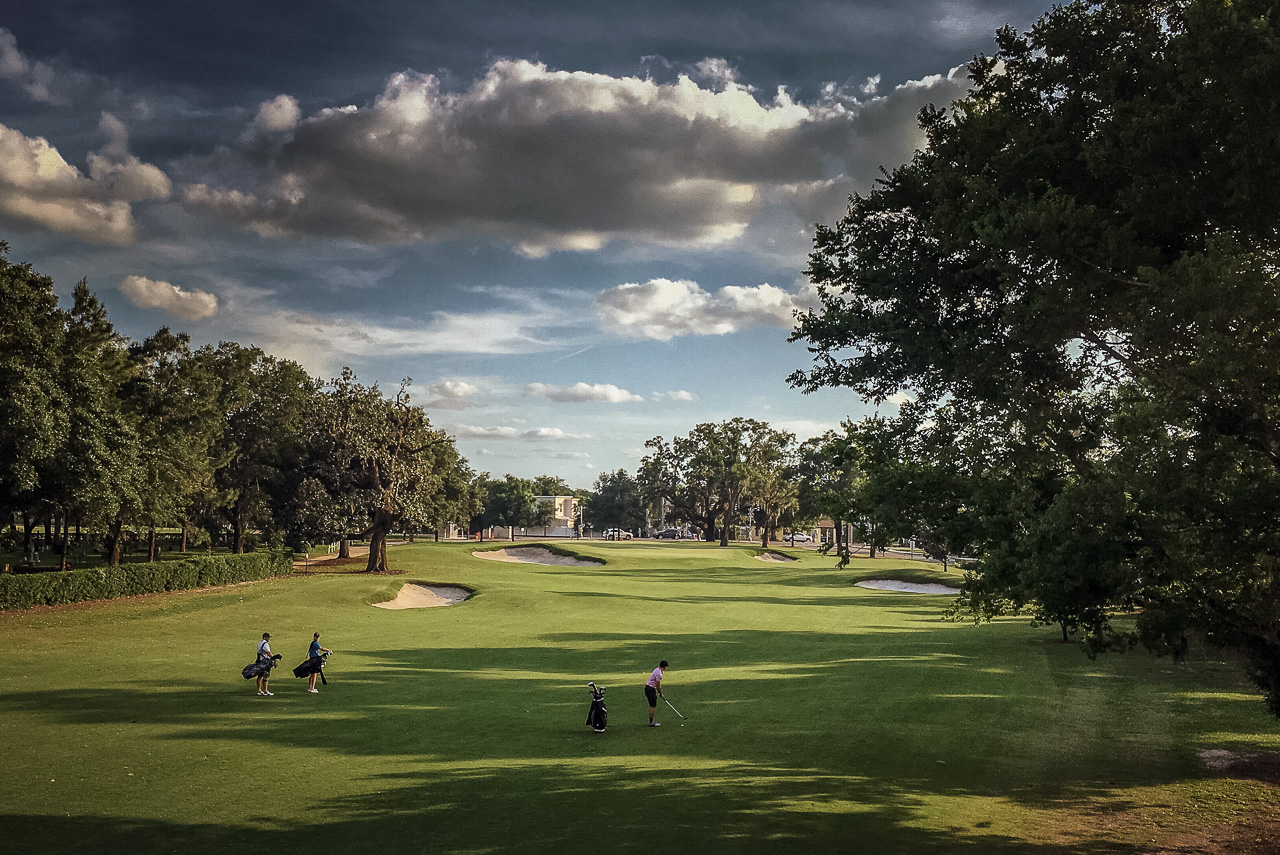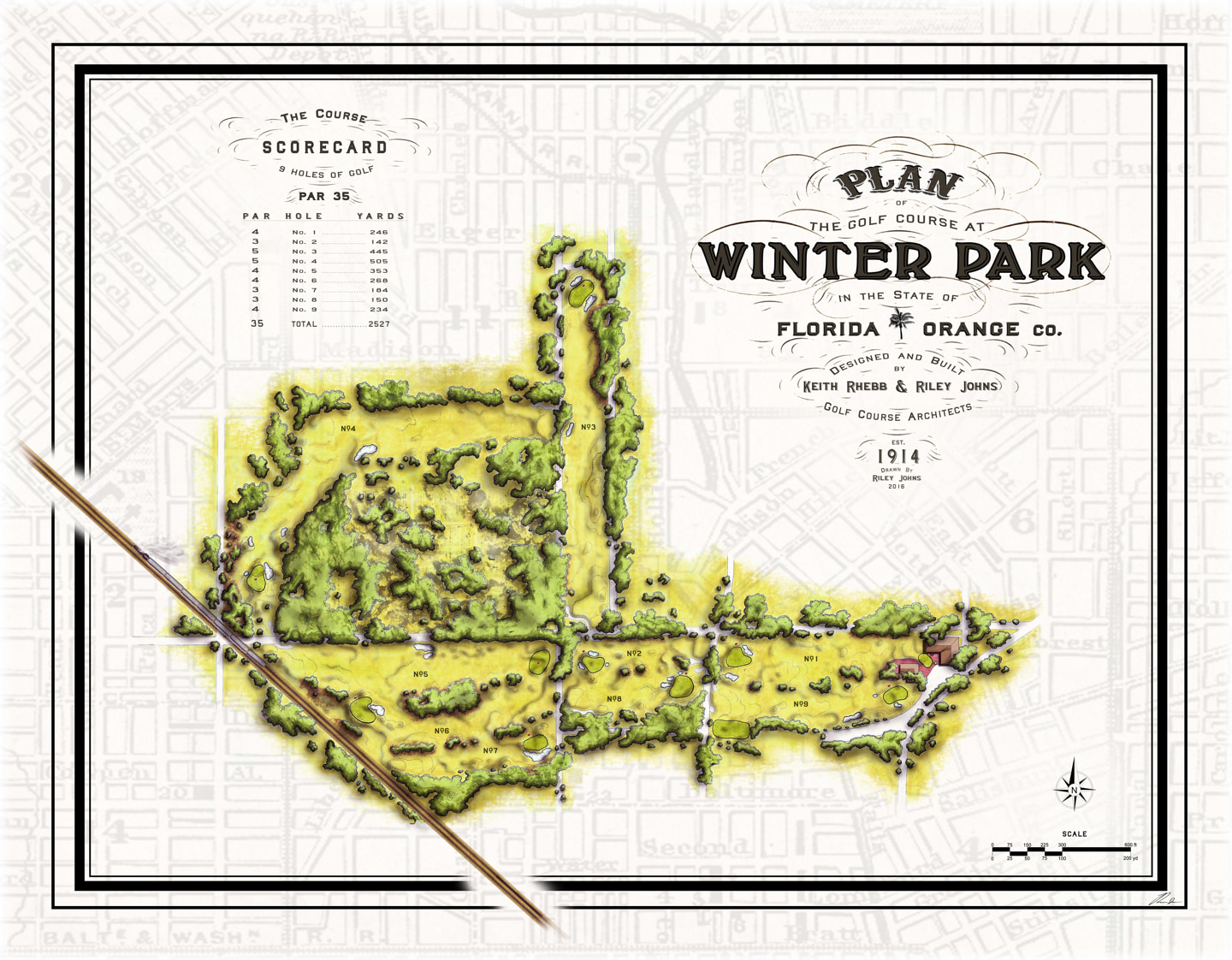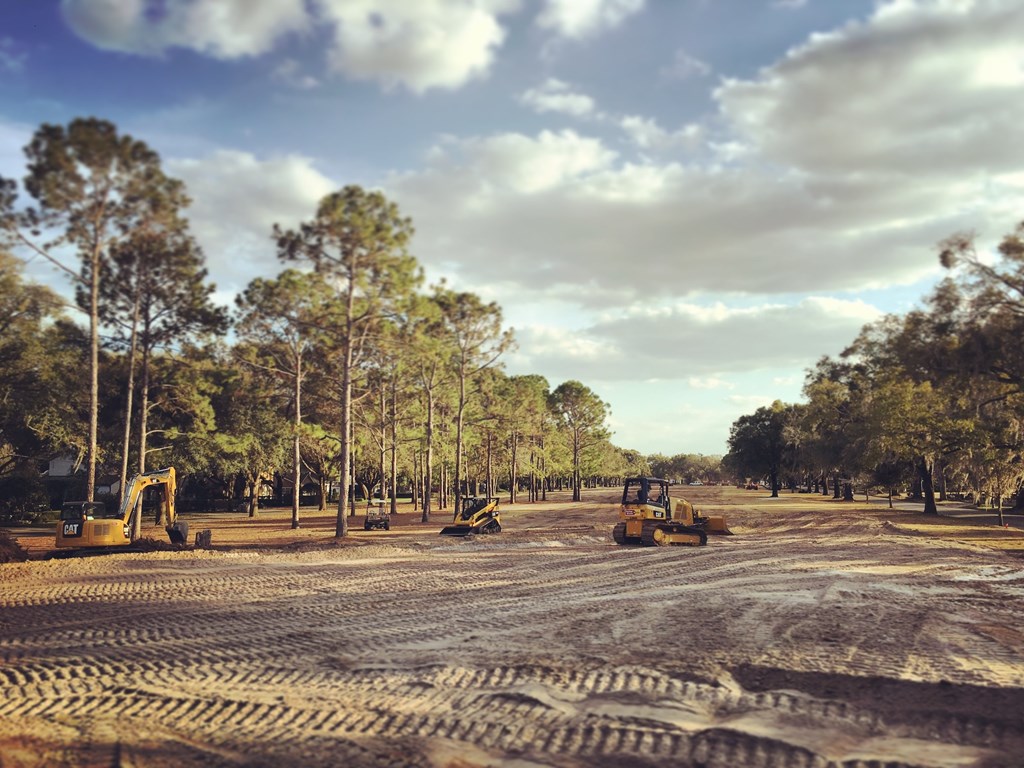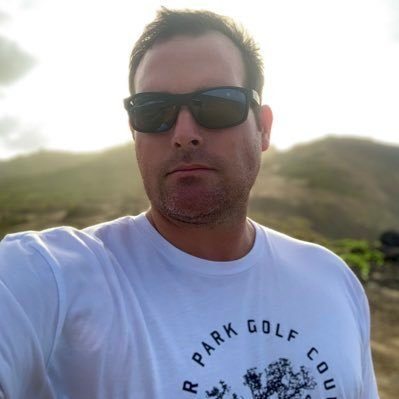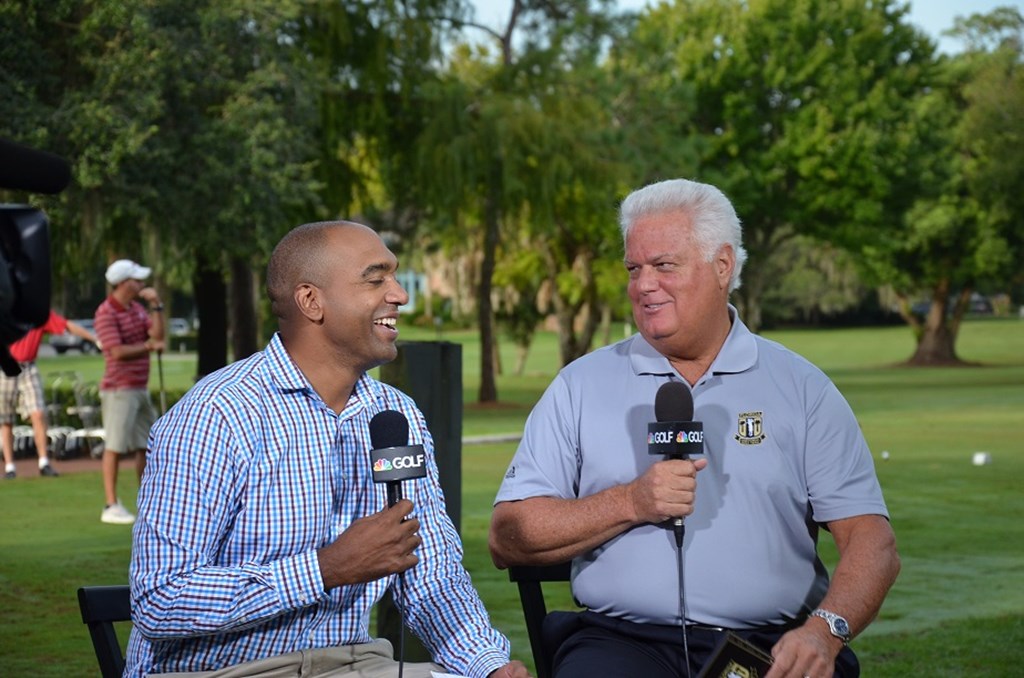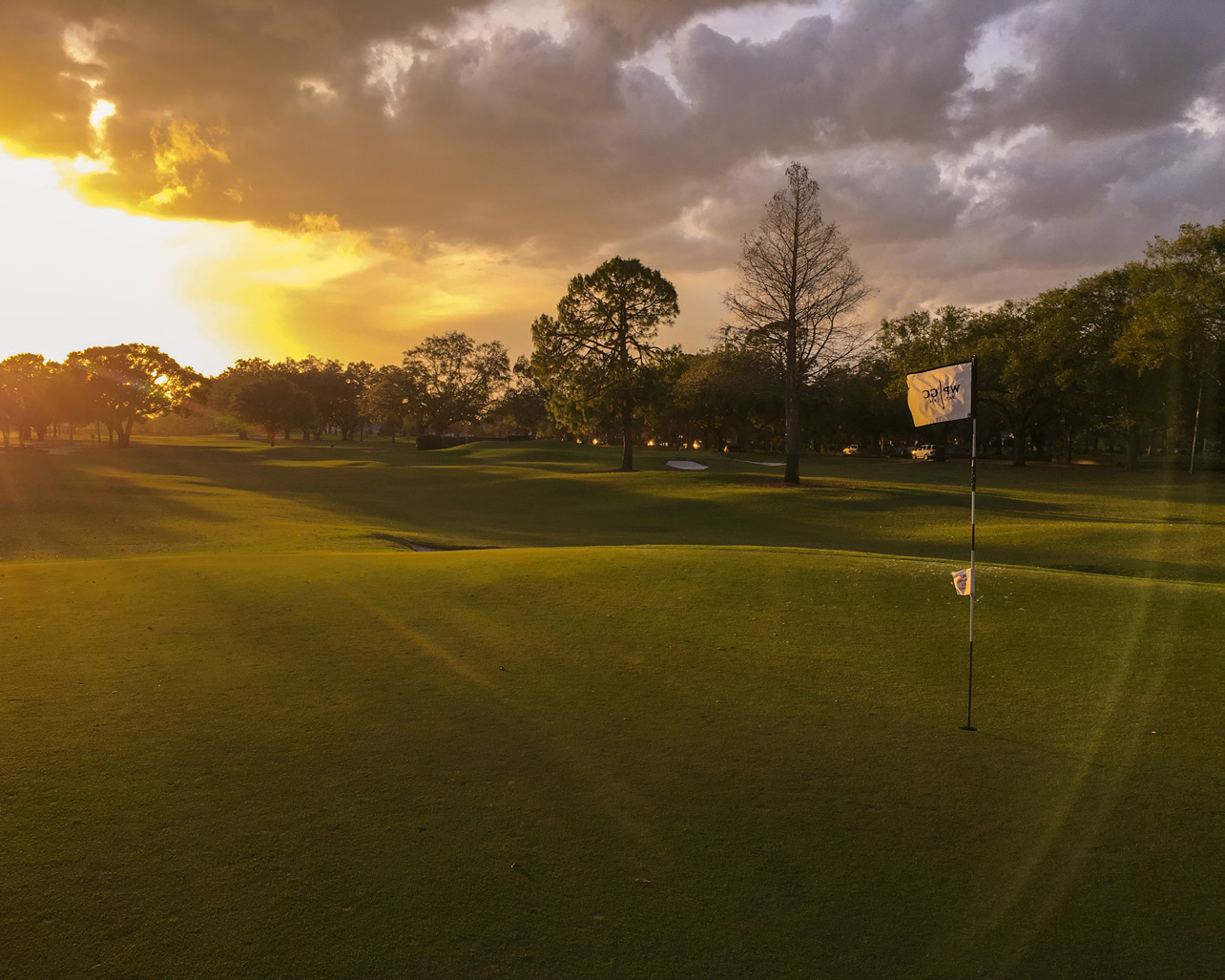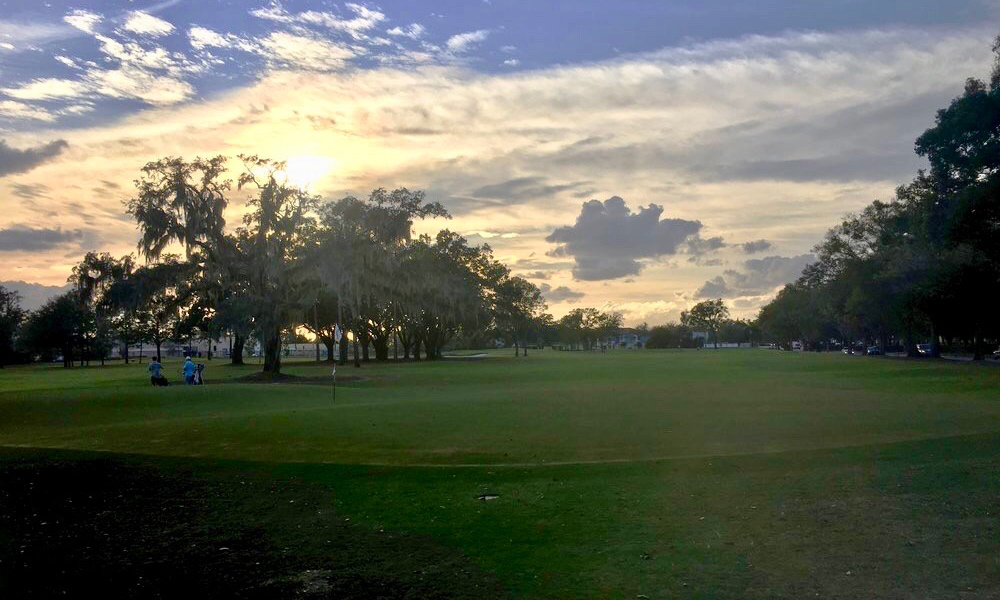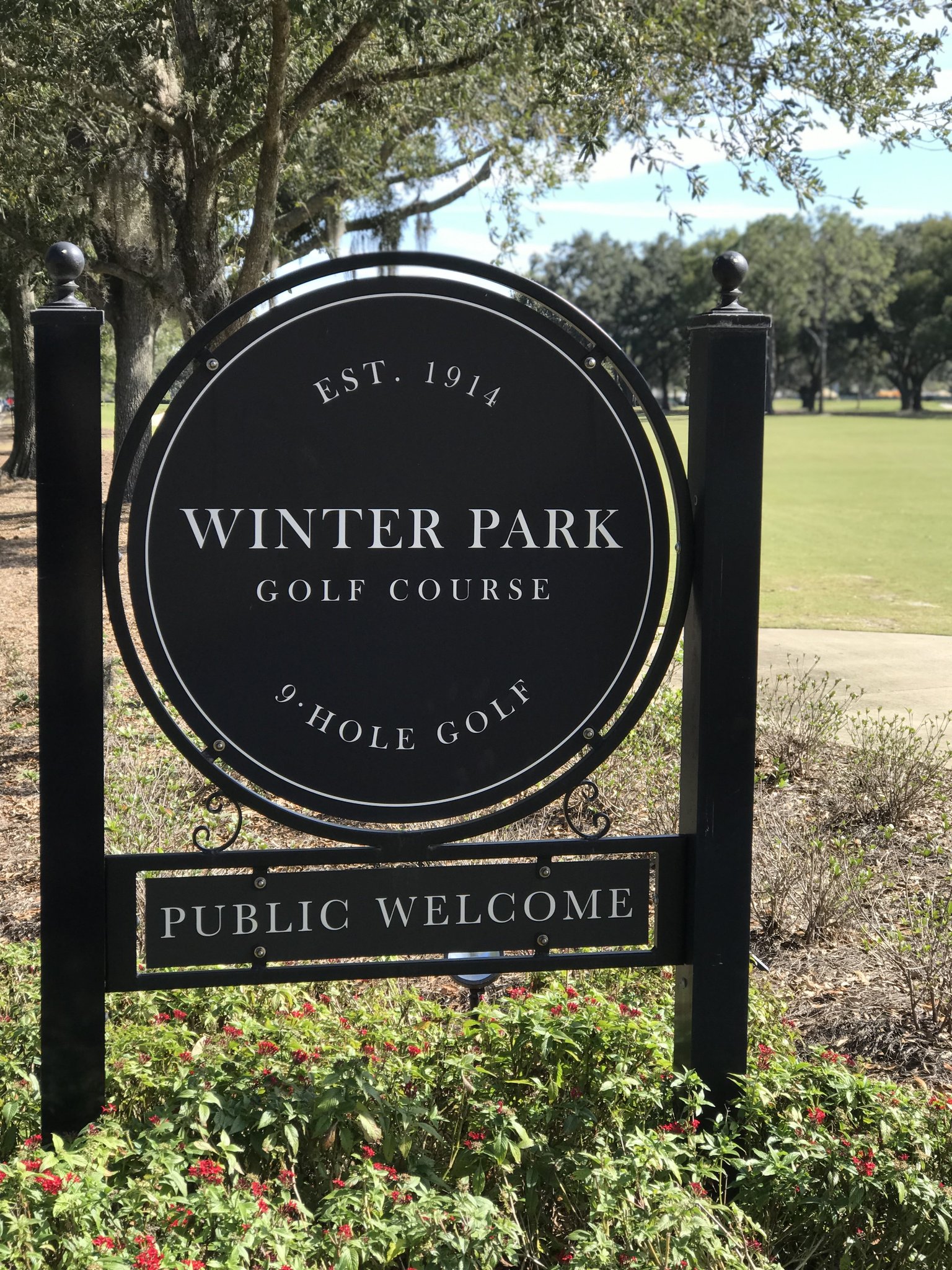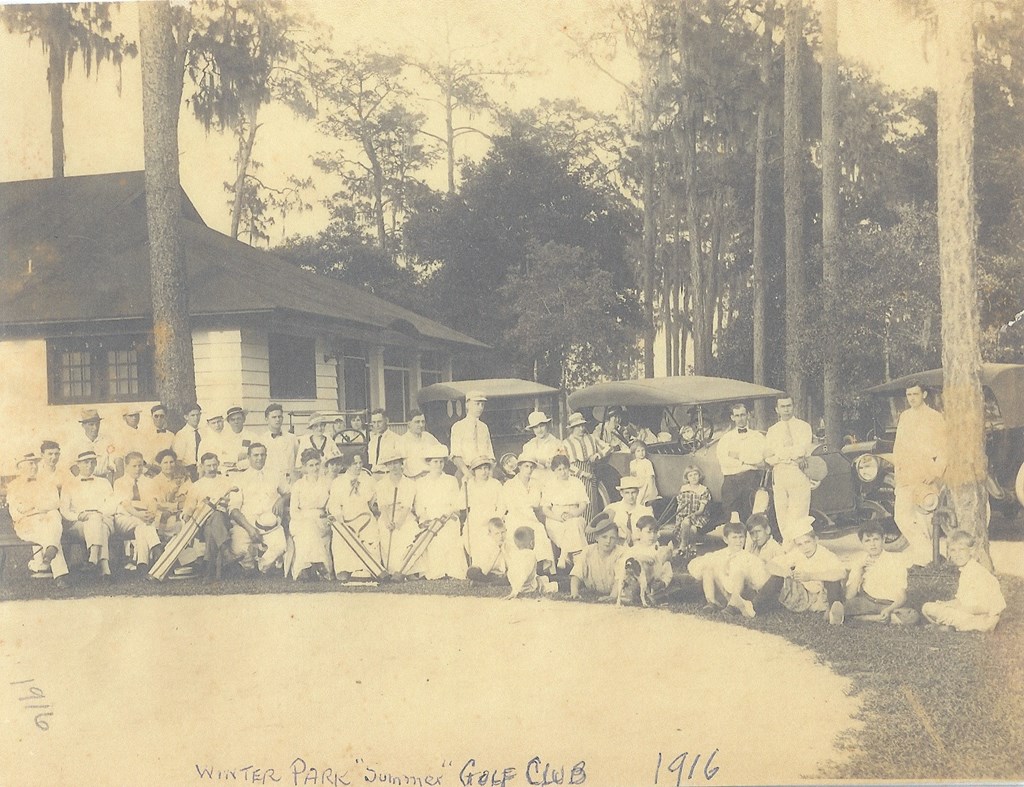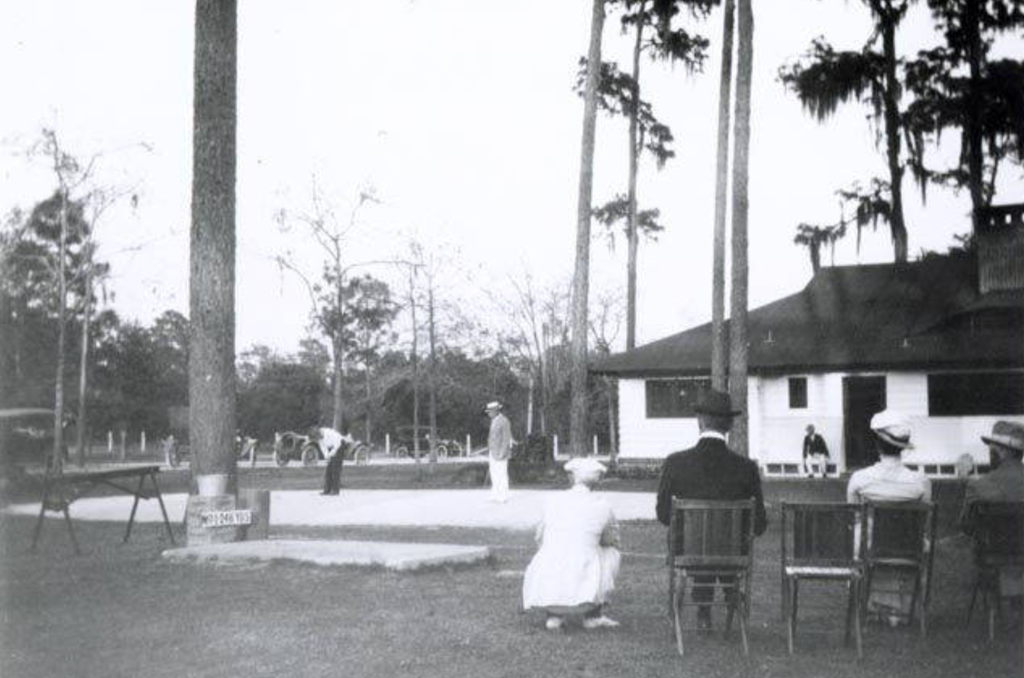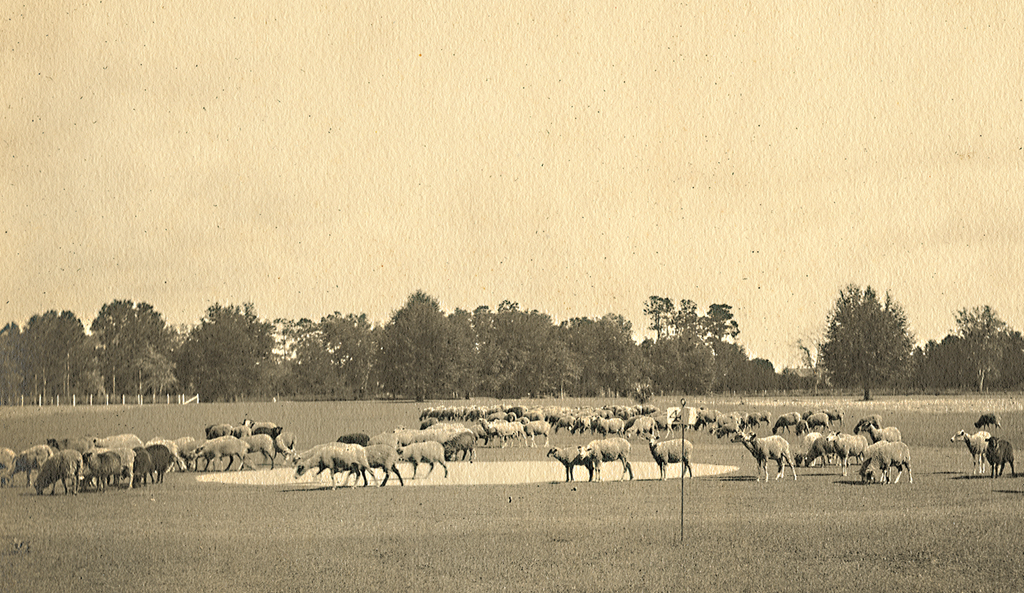Here’s what we cover:
My story originally appears on PGA.com on 8/14/22
From 1998 through 2011, I was employed at a very special piece of the golf landscape in Central Florida — known at the time as the Winter Park Country Club — as an Assistant Golf Professional and then the General Manager & Head Golf Professional. This unique, walking 9-hole municipal golf course was where I spent my time going through the PGA Associate program and fulfilling my childhood dream by becoming a PGA Member. Known today as the Winter Park Golf Course, or by many as The Winter Park 9, the club was founded in 1914. At one point in its history, it was a 27-hole resort, and one of the largest in the southeast, but for the bulk of its existence, it’s been the 9 holes that is played today.
This historic course underwent updates in 2016. New fairways, rough and greens, combined with a state-of-the-art irrigation system and a re-design by Keith Rhebb and Riley Johns of Integrative Golf, brought the second-oldest course in Florida back to its original glory.
One of the main players in the resurrection of Winter Park was designer Keith Rhebb. I recently caught up with Keith to chat about the work he did at Winter Park in 2016 as well as get his thoughts on the importance of courses like the Winter Park 9.
What was your initial impression of the Winter Park 9, prior to the renovation project starting?
Having lived in the area and driven by the course a number of times over the years, I knew it had potential and charm. When we were asked to provide a master plan and had the opportunity to spend time studying it more in depth – even with a broken irrigation system, the overgrown trees and roots growing into the green surfaces – we knew the course needed to be creatively reimagined to enhance and bring that potential to fruition. Luckily, we had a great team who was up for the task.
What was your vision for the Winter Park 9 going into the renovation project and were your goals achieved?
We started with the foundational belief that Winter Park was the epitome of quaint community golf: fun, inclusive, affordable, and you can play a round in less than a couple of hours. Given its location in the community, we also saw it as a beautiful city park that provided a host of benefits to golfers and non-golfers alike. So, our vision was really to enhance its features and attributes in a way that elevated the golfing experience and maintained its rightful place in the community. We combined this unique vision with our goal for any project – to design and handcraft an interesting, strategic, and fun course that inspires players and promotes a love for the game. Since introducing more variety and playing strategy to the old layout, improving conditions for play, and enhancing aesthetic appeal of the entire park landscape – the feedback we have and still receive from golfers and the community as a whole indicate that we achieved those goals.
Can you draw any comparisons to this unique facility with others you may have worked on or perhaps simply played outside of work?
We were inspired by what John Ashworth did at Goat Hill Park. We wanted the course to have a similar laidback, welcoming, inclusive feel to it. Each course is unique, but it’s our hope that we brought to Winter Park a similar experience as John and his team created at Goat Hill Park.
What is a unique feature or two that Winter Park has?
Many golf courses are built to fit into its surrounding natural landscape, but Winter Park is different. It’s flat and encompassed by streets, railroad tracks, a cemetery, and housing. With very little natural landscape to fit the course into, we chose to fit the course into the community as a whole. The free putting course has also been a big hit with golfers and community members alike.
Do you think golf needs more courses like a Winter Park 9? Walk-only courses, short courses, par 3 courses, etc.
Absolutely! The time and schedule pressures we all have don’t always allow for a full 18-holes (or more) of play. Having shorter courses set within communities allows people to fit in a round of the game they love in a timely manner. Having courses like the WP9, which was designed to be enjoyed by players of all ages and skill levels (beginners and single-digit handicaps alike), also helps to grow the game. Be it adults wanting to pass down the game to younger family members themselves, kids (or adults) learning from local instructors, or friends introducing golf to their friends, or a place for people to network through a shared passion, short and 9-hole courses make golf more accessible for a variety of people. It’s also nice to see green spaces preserved in communities where housing and other developments can easily dominate the landscape!

